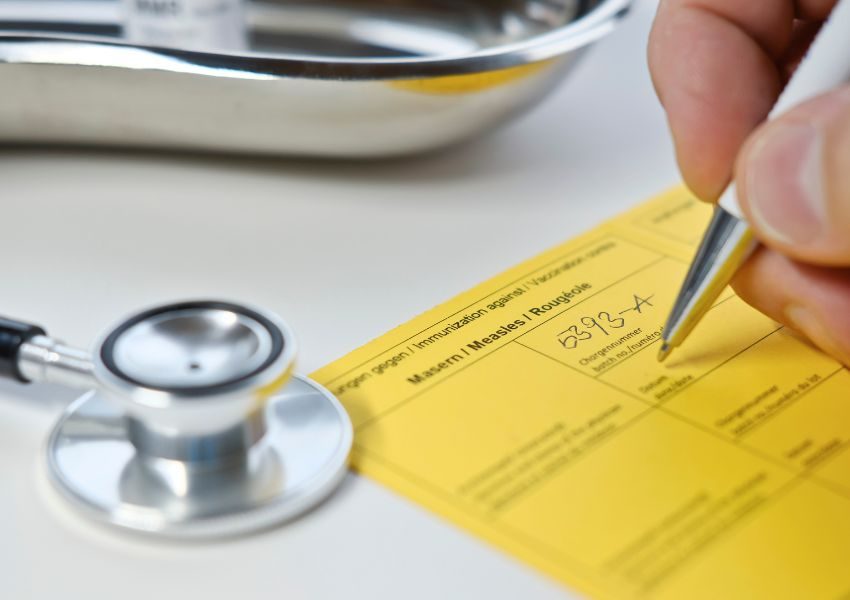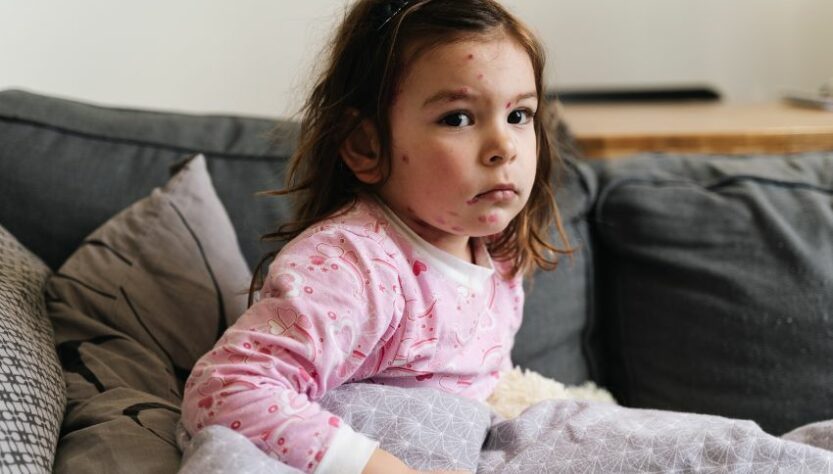Virginia has sparked concern among travelers, as health officials issue warnings about potential measles exposure. A person confirmed to have measles passed through D.C. airports during their return from an international trip, prompting health advisories for those who may have been in specific areas at particular times. The Virginia Department of Health advises vigilance for unvaccinated individuals who were at the international arrivals area of Dulles International Airport or Terminal A at Ronald Reagan Washington National Airport on specific dates and times.
The Measles Landscape
Measles, caused by the highly contagious measles virus, remains a global concern despite its elimination in the U.S. The disease spreads through close contact with infected respiratory droplets, and outbreaks can occur when the virus is imported into the country. While outbreaks are usually small in highly vaccinated populations, they can rapidly escalate in communities with low vaccination rates.
Assessing the Risk
Dr. Jason Zucker, an assistant professor of medicine at Columbia University, emphasizes that measles outbreaks in the U.S. often stem from imported cases. Although the majority of the U.S. population is vaccinated against measles, unvaccinated individuals, particularly young children, face higher risks. The World Health Organization reports that in 2021, 128,000 people, mostly children under the age of 5, died from measles worldwide. Pregnant women and those with weakened immune systems are also at an elevated risk.
What Can You Do?
For most individuals, the risk of contracting measles remains low, thanks to widespread vaccination. The Centers for Disease Control and Prevention (CDC) notes that while importations of measles cases into the U.S. are expected to continue, the majority of the population remains at a low risk. The measles, mumps, and rubella (MMR) vaccine, administered in two doses, is highly effective. One dose is 93% effective, while two doses provide 97% effectiveness.

The Importance of Vaccination
The key to measles prevention lies in vaccination. Children typically receive their first MMR vaccine dose between 12 and 15 months old, followed by a second dose between 4 and 6 years old. Teens and adults with no evidence of measles immunity are advised to get at least one shot. The CDC suggests that individuals born before 1957 may not need the MMR vaccine due to likely natural infection.
What to Look For
If you’ve been exposed to measles and are unsure of your vaccination status, it’s crucial to be vigilant for symptoms such as high fever, cough, runny nose, watery red eyes, white spots inside the mouth, and a spreading skin rash. Severe cases can lead to pneumonia, brain swelling, and even death. Vaccination within 72 hours of exposure can be effective in mitigating the severity and duration of measles symptoms.
Proactive Measures
Virginia health officials advise those with measles symptoms to isolate themselves from others and contact healthcare providers promptly. Calling ahead before visiting a healthcare provider or the emergency room helps notify them of potential measles exposure, safeguarding other patients and staff.
In conclusion, staying informed, getting vaccinated, and promptly seeking medical attention if exposed are crucial steps in minimizing the impact of measles. While the recent warning may raise concerns, a proactive approach to health and wellness remains the most effective defense against this preventable disease.
